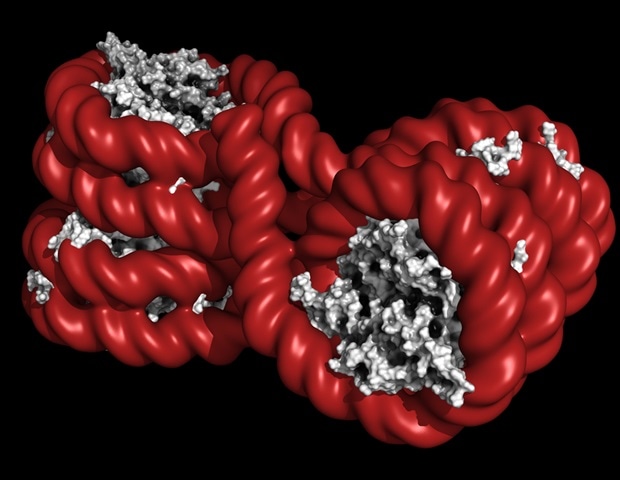New blood test could detect ovarian cancer early, improve treatment
High-grade serous ovarian carcinoma (HGSOC) is the most common type of ovarian cancer. It is also the most lethal form, in part because clinicians do not have effective ways to screen women for it during the cancer’s early stages, when it’s easiest to treat. For patients with a pelvic mass (an abnormal lump or growth … Read more





